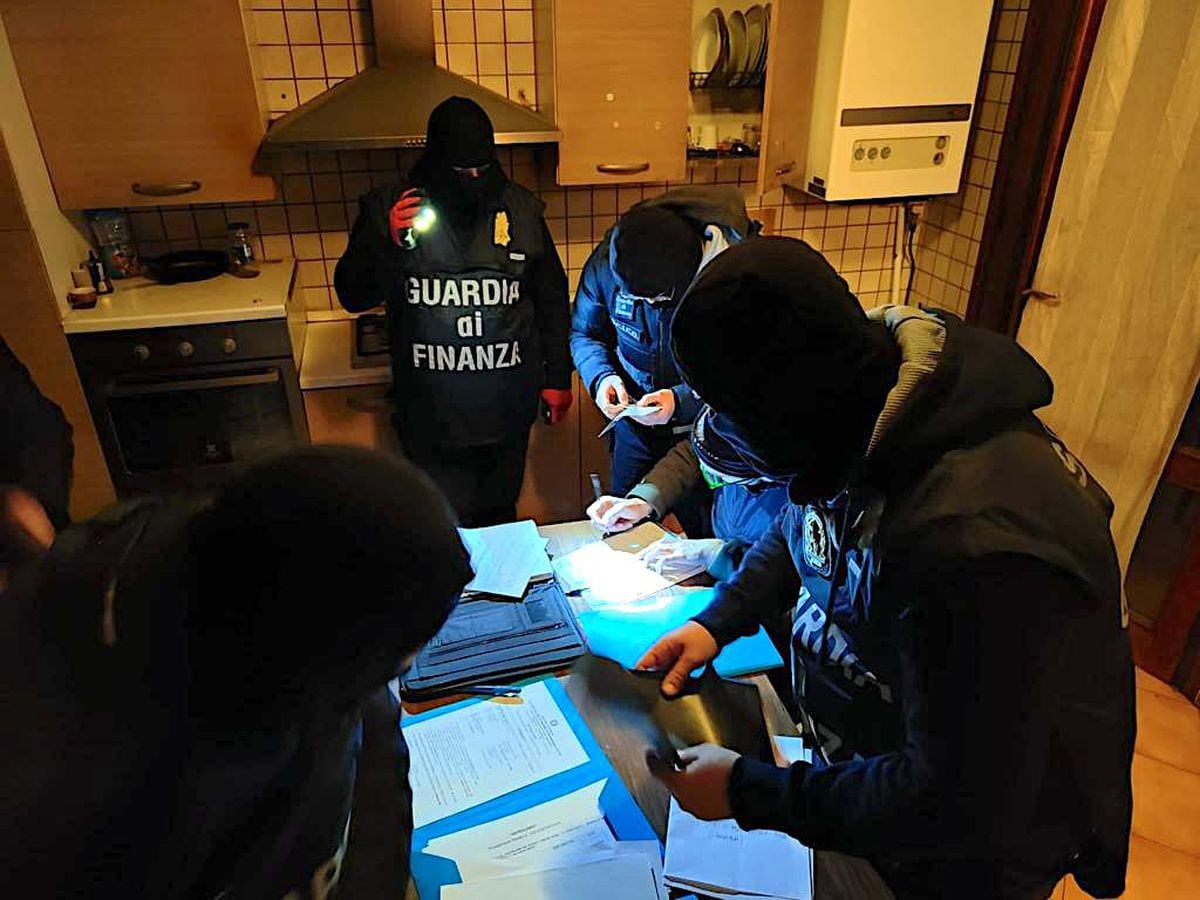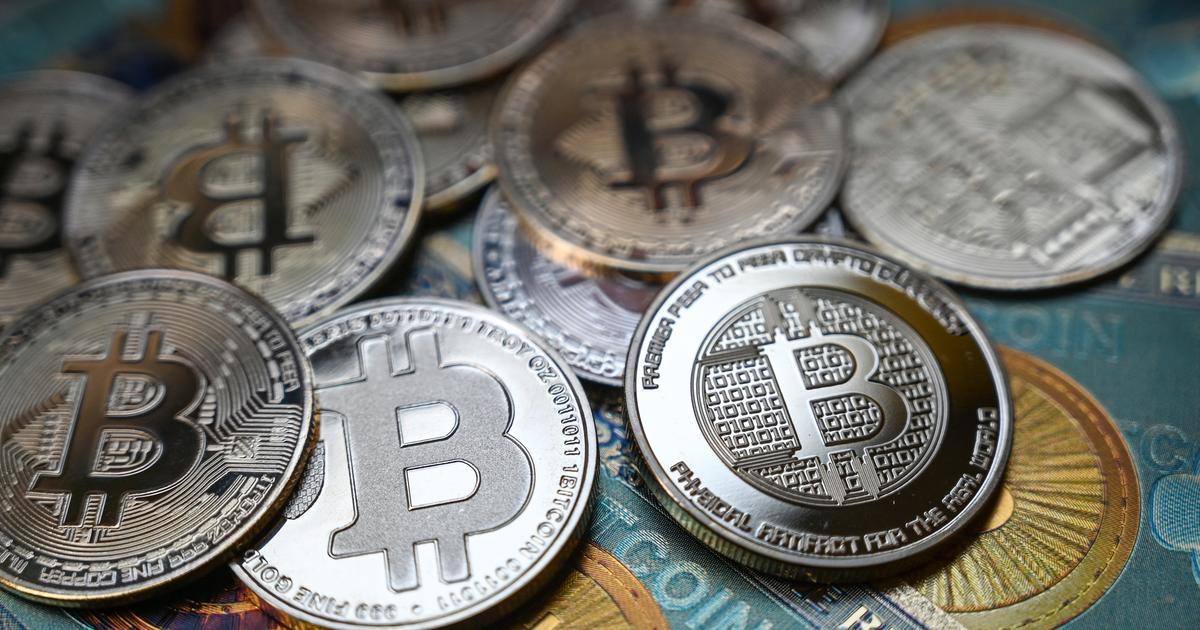Enlarge image
Crime City: Germany's financial metropolis Frankfurt
Photo:
DANIEL ROLAND / AFP
The fact that the fax machines are still rattling in German authorities is considered a bitter realization of the pandemic. In some places, of course, things are more modern. In Frankfurt am Main, for example, Germany's banking metropolis and therefore a hotspot for financial crime. In any case, the public prosecutor's office there has now raised a whopping 100 million euros for Hesse's state treasury by selling confiscated cryptocurrencies. A business that comes in handy in times of tight budgets: Hesse's debts recently amounted to 44 billion euros.
The special income goes back to a successful search by the Central Office for Combating Internet Crime (ZIT). The ZIT belongs to the public prosecutor's office and had seized the crypto money from criminal transactions: A gang of three had sold a considerable amount of narcotics via Darknet, payable in a total of ten different crypto currencies. In 2019 the matter was exposed, the gang members have since been sentenced to first-instance prison terms of five to eight years. The fact that the penalties were not higher was apparently also related to the fact that the gang voluntarily handed over their cryptocoins to the investigators.
An appeal was filed against the judgment, and the Federal Court of Justice is now dealing with it.
The country, of course, was suddenly sitting on 100 million euros in digital art money.
This is happening more and more often because cryptocoins are popular in general, but also among criminals.
Usually not at this level, however.
The problem with the criminal history
“We can use a few bitcoins, we can do that on our own.
But this case was different, ”said Chief Public Prosecutor Jana Ringwald to SPIEGEL.
"We had to look for a highly professional, regulated partner in order to meet our legal mandate of realizing the crypto values without influencing the market."
The Sheikh banking house should help. So far, this was only known to absolute insiders, despite the company's headquarters in the best city location on Frankfurt's Rossmarkt. But the mini-money house named after its founder Ernst Scheich has evidently acquired a certain amount of expertise in the field of digital assets and cryptocoins. "We trade in crypto currencies in the billions and have a large network," says bank director Boris Ziganke.
On the recommendation of the Frankfurt tax and business law firm YPOG, the sheik troops listened to the market on behalf of the state and struck off the money hidden in ten different cryptocoins - commission-free, as Ziganke assures.
His institute, which is regulated by the financial supervisory authority Bafin, is likely to have earned money from the difference in the exchange rate between supply and demand for the coins, the so-called bid-ask spread.
Since the money comes from criminal transactions, the crypto values first had to be subjected to a special process so that they could even be traded again on crypto exchanges.
This process, which is based on cooperation with special service providers, is also called "white listing".
The service providers analyze the blockchain and mark crypto values that come from criminal transactions, explains Daniel Resas from YPOG.
The blockchain is a kind of digital land register that registers who owns which bitcoin and when it changes hands.
"All crypto exchanges use appropriate service providers to fundamentally exclude trading in crypto values from criminal transactions," says Resas.
Cleaned in this way, the sheik troops were able to get rid of the coins.
About 20 customers of the bank struck in telephone trading - given the size of the deal, not private individuals, but other professional cryptocurrency traders.
"It is the first time in Germany that such a high-volume exploitation of confiscated crypto assets has taken place," says lawyer Resas.
Especially in dealing with the money laundering requirements of trading participants, new territory has been broken.
"I am sure that we have created a new market standard for the exploitation of government-confiscated crypto assets," said Resas.
A role model for other cases
The unusual public-private partnership at Christmas time is also a source of joy among the state authorities.
»Cryptocurrencies are the means of payment in cybercrime.
We have developed a so far unique, market-driven and legally secure solution in Germany to return such incriminated crypto assets to the regular market, "said Senior Public Prosecutor Ringwald.
And because it is to be expected that criminal transactions will be settled more and more often in crypto currencies, the State of Hesse and Bankhaus Scheich have concluded a long-term framework agreement for future exploitation.
It is of course unlikely that Hesse's state budget can be reorganized in this way.



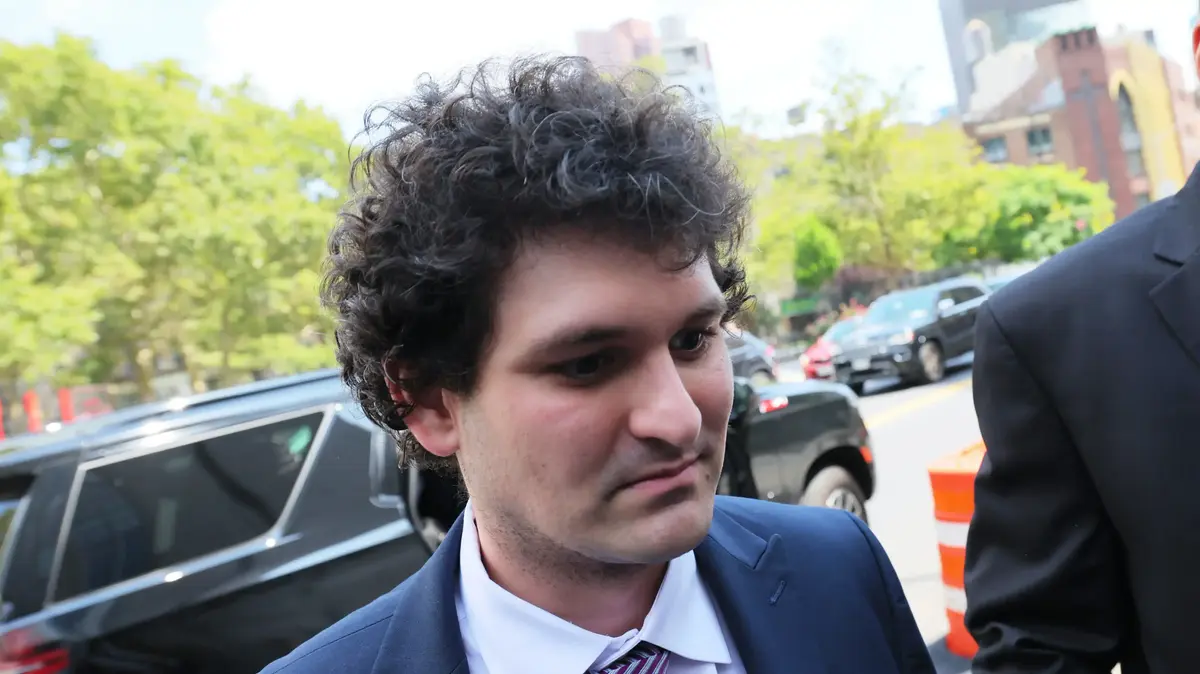
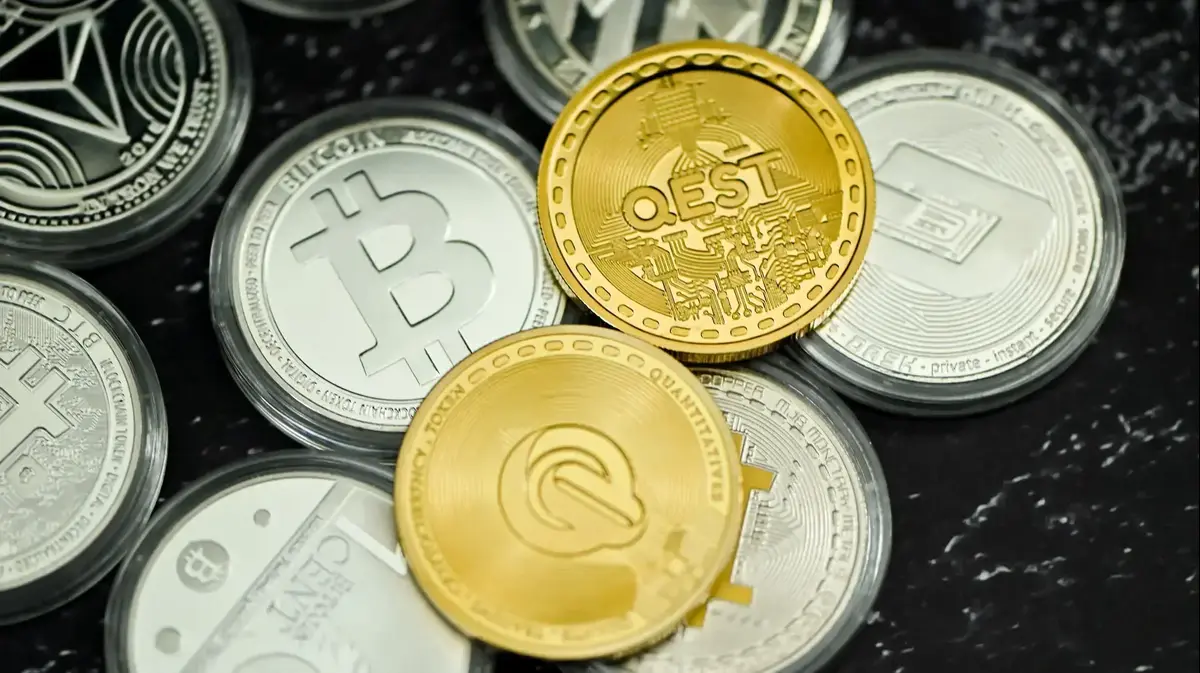

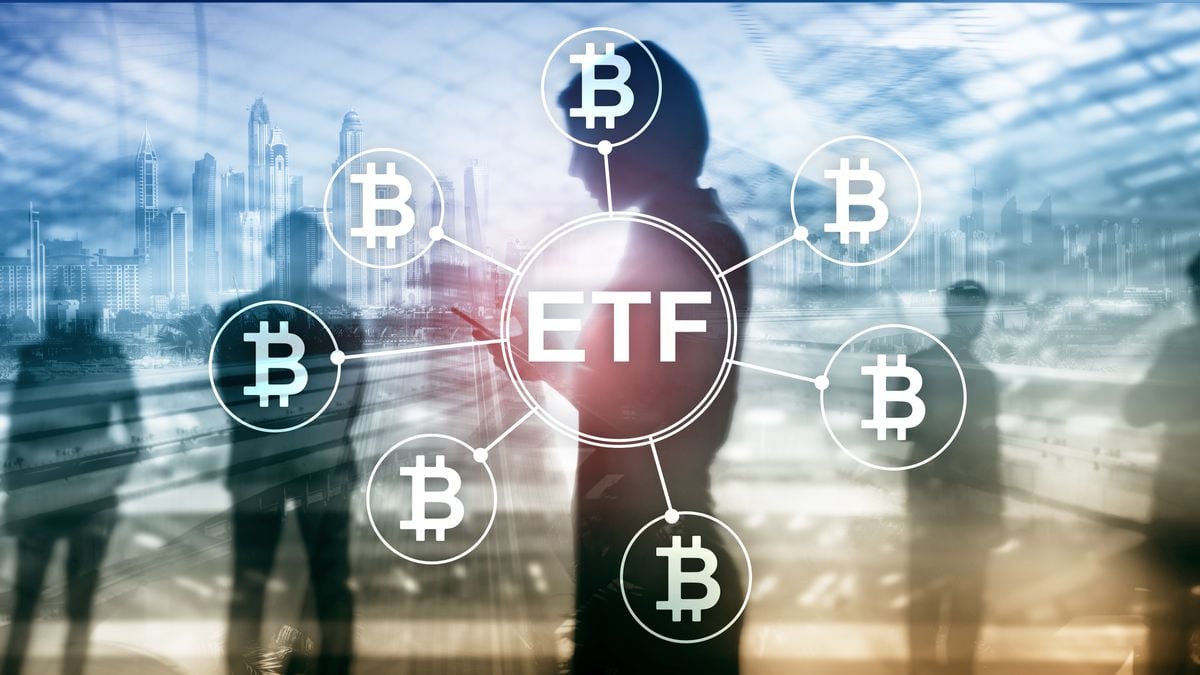
/cloudfront-eu-central-1.images.arcpublishing.com/prisa/V6PAJ7OIKO4NO7NV7GCNE3UIMA.jpg)
